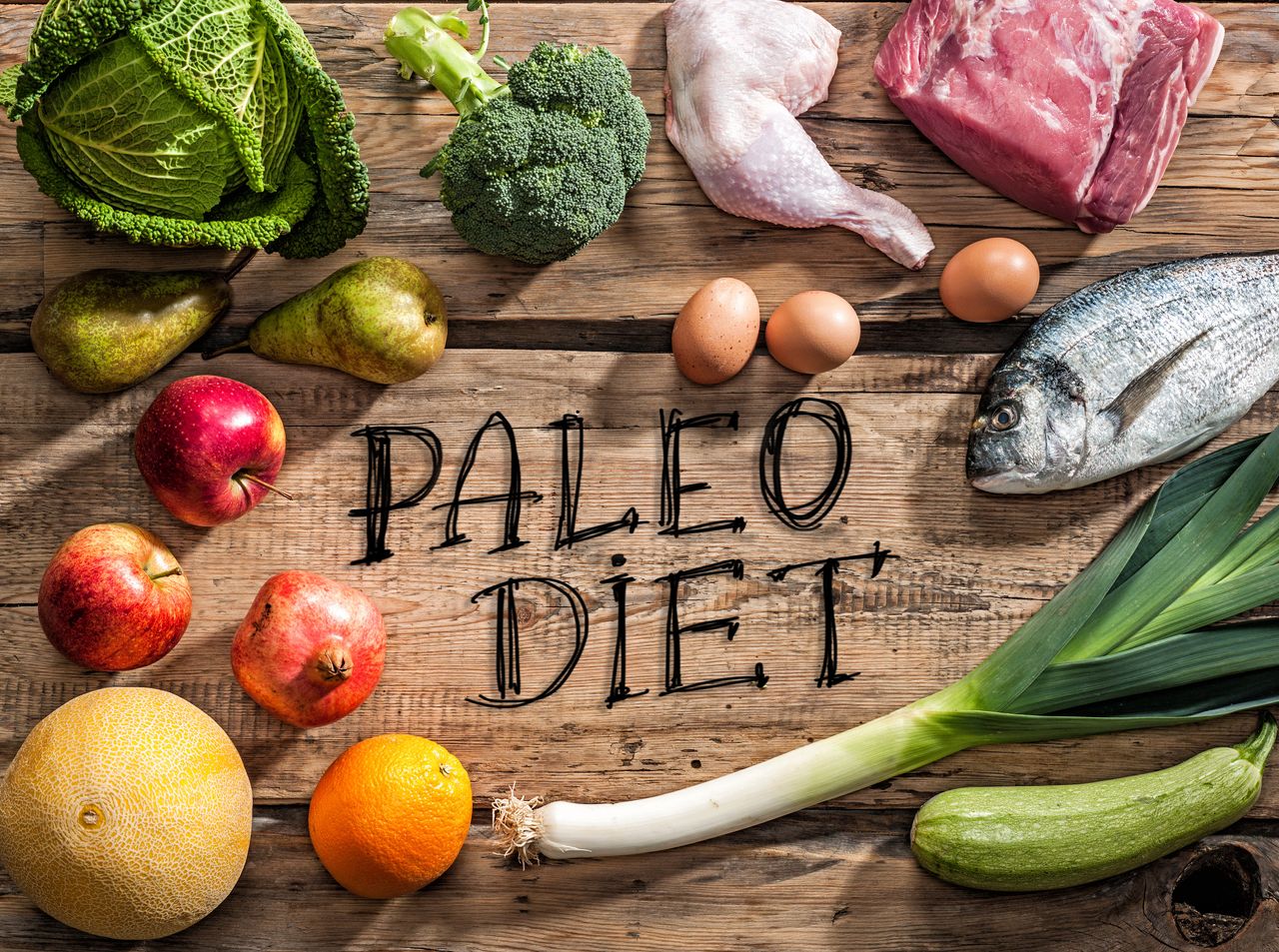Are you looking for a diet that can improve your overall health and wellbeing? Look no further than the Paleos diet, also known as the Paleolithic diet. This popular diet is based on the idea of eating like our ancestors did during the Paleolithic era, a time when humans were hunters and gatherers. In this article, we will explore the origins of the Paleo diet, its key principles, and the benefits it offers to your health and lifestyle.
Origins of the Paleo Diet
The Paleos diet is based on the idea that our bodies are adapted to eating the same types of foods that our ancestors ate during the Paleolithic era. This period, which lasted from about 2.6 million years ago until about 10,000 years ago, was characterized by hunting, fishing, and gathering wild plants for food. Our ancestors ate a diet that was high in protein, fiber, and healthy fats, and low in carbohydrates and processed foods.
The modern Paleo diet was popularized in the 1970s by Dr. Walter Voegtlin, a gastroenterologist who believed that the human digestive system is best suited to a diet of meat, fish, and vegetables. The diet gained further popularity in the early 2000s with the publication of books like “The Paleo Solution” by Robb Wolf and “The Primal Blueprint” by Mark Sisson.
Key Principles of the Paleo Diet
The Paleo diet is based on several key principles:
1. Eating Whole, Unprocessed Foods
The Paleo diet emphasizes the consumption of whole, unprocessed foods, such as meat, fish, vegetables, fruits, and nuts. It avoids processed foods, grains, legumes, dairy, and refined sugars.
2. Eliminating Grains and Legumes
Grains and legumes contain anti-nutrients, such as lectins and phytates, which can interfere with the absorption of vitamins and minerals. The Paleo diet eliminates grains and legumes to improve nutrient absorption and gut health.
3. Consuming Healthy Fats
The Paleo diet emphasizes the consumption of healthy fats, such as those found in avocado, coconut oil, and nuts. It avoids unhealthy fats, such as those found in processed foods and vegetable oils.
4. Emphasizing Protein
The Paleo diet is high in protein, which is important for building and repairing muscle tissue, maintaining a healthy weight, and regulating blood sugar levels.
Benefits of the Paleo Diet
The Paleo diet offers several benefits to your health and lifestyle:
1. Weight Loss
The Paleo diet can help you lose weight by reducing your intake of processed foods and carbohydrates, and increasing your intake of protein and healthy fats.
2. Improved Digestion
The Paleo diet can improve digestion by eliminating grains and legumes, which can cause digestive issues for some people.
3. Increased Energy
The Paleo diet can increase your energy levels by providing your body with the nutrients it needs to function properly.
4. Reduced Inflammation
The Paleo diet can reduce inflammation in the body, which is linked to a wide range of health problems, including heart disease, diabetes, and cancer.
5. Improved Overall Health
The Paleo diet can improve your overall health by providing your body with the nutrients it needs to function properly, reducing your risk of chronic diseases, and promoting a healthy lifestyle.
FAQs
1. Is the Paleo diet safe?
Yes, the Paleo diet is generally considered safe for most people. However, if you have certain health conditions or dietary restrictions, you should consult with a healthcare professional before starting the diet.
2. Can you eat dairy on the Paleo diet?
No, the Paleo diet does not include dairy products, as they were not consumed during the Paleolithic era. However, some people choose to include small amounts of high-quality, grass-fed dairy in their diet, such as butter or ghee.
3. Is the Paleo diet low-carb?
Yes, the Paleo diet is generally considered low-carb, as it eliminates grains, legumes, and processed foods that are high in carbohydrates. However, the diet does allow for the consumption of certain high-carb foods, such as fruits and starchy vegetables.
4. Can you eat snacks on the Paleo diet?
Yes, you can eat snacks on the Paleo diet, as long as they are made from whole, unprocessed foods. Some popular Paleo snacks include nuts, seeds, fruit, and vegetable sticks with guacamole or hummus.
5. Is the Paleo diet difficult to follow?
The Paleo diet can be challenging to follow, as it requires eliminating many foods that are commonly consumed in a Western diet. However, with some planning and preparation, it can be a sustainable and healthy lifestyle choice.
Conclusion
The Paleos diet is a popular dietary approach based on the idea of eating like our ancestors did during the Paleolithic era. The diet emphasizes whole, unprocessed foods, and eliminates grains, legumes, and processed foods. The Paleo diet offers several benefits to your health and lifestyle, including weight loss, improved digestion, increased energy, reduced inflammation, and improved overall health. While the diet can be challenging to follow, with some planning and preparation, it can be a sustainable and healthy lifestyle choice.

